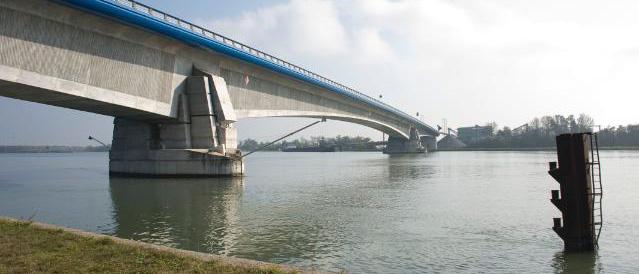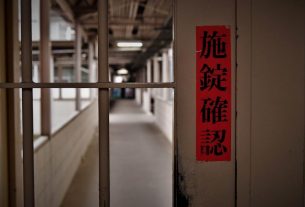A high-level conference on ‘Crisis Management in the EU and Beyond’, organised today by the European Commission with the Geneva Centre for Security Policy, explores how to better prepare for crises and manage them, and discusses issues such as knowledge sharing to help better deal with future risks.
The event brings together 100 high-profile speakers and participants involved in shaping crisis management from the EU institutions and Member States, international partners and academia.
The need for improved crisis management has arisen due to major, complex cross-border threats in the past years. These include the Russian war of aggression against Ukraine, the Covid-19 pandemic and numerous humanitarian crises.
Commissioner for Crisis Management, Janez Lenarčič, said: “We are living in an age of crises. Disasters of all kinds are now part of everyday reality for Europeans, and Europe’s resolve is being continuously tested by ever-increasing combinations of threat. This conference is an opportunity to assess how we can create a stronger and more coordinated culture of European crisis management with scientific based policymaking at its heart.”
Commissioner for Innovation, Research, Culture, Education and Youth, Iliana Ivanova, said: “Citizens clearly want the EU to be strong and resilient in the face of future crises that hit the continent. This is why this conference, underpinned by evidence produced by the Commission’s in-house science hub, is so important. Together, we need to better anticipate crises, manage them using research and innovation, and adapt and build our resilience.”
The Commission’s Joint Research Centre (JRC) is conducting research on crisis management technologies, satellite image processing and analysis, as well as systems to support the EU’s capacity to prevent, prepare for and respond to disasters. In a report published this week, the JRC explores the cross-border and emerging risks Europe is facing.



